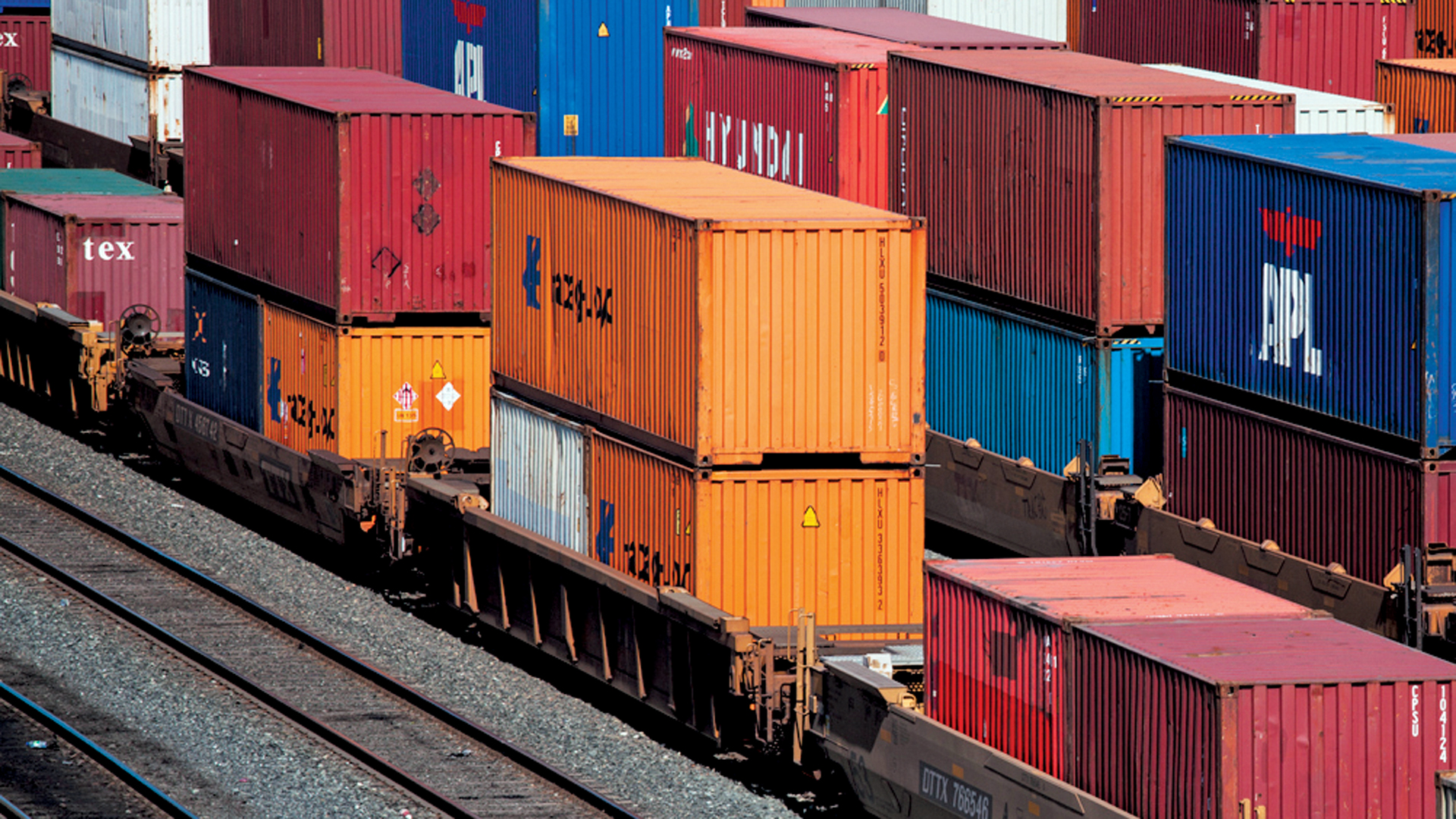
Container shipping line Hapag-Lloyd and Canadian Pacific Railway (NYSE: CP) are extending their rail service agreement to 2025 at the Port Saint John in New Brunswick, Canada.
According to CP, the agreement comes after “successful calls” to the Port Saint John this past summer, and Germany-headquartered Hapag-Lloyd will begin regular service with CP in 2021.
CP gained expanded access to the Port Saint John via its acquisition of the short line Central Maine & Quebec Railway. It also has connections via the Eastern Maine and New Brunswick Southern railways.
CP also serves Hapag-Lloyd at the ports of Vancouver and Montreal. Earlier this year, the railway said it hoped to provide 24-hour service between Saint John and Montreal by the end of 2020.
The rail service extension comes as CP seeks to expand market opportunities in Atlantic Canada and become a coast-to-coast railway. Both CP and competitor CN (NYSE: CNI) are also vying to provide additional access to the Midwest.
“Having Hapag-Lloyd call the Port of Saint John regularly is the first step in the port becoming a world-class gateway,” said CP President and CEO Keith Creel. “Through the Port of Saint John, CP enjoys about a 200-mile advantage over our competition into Montréal, Toronto and Chicago.
“This East Coast advantage bodes well for businesses in Atlantic Canada, customers across our network and for the broader supply chain. We are only just starting to unlock the potential that exists at the Port of Saint John,” Creel said.
Subscribe to FreightWaves’ e-newsletters and get the latest insights on freight right in your inbox.
Click here for more FreightWaves articles by Joanna Marsh.
Related articles:
Canadian Pacific gets early Christmas present from Maersk
Railways see untapped potential in Atlantic Canada ports
Canadian Pacific seeks opportunities in its land holdings
Canadian Pacific celebrates expanded intermodal offerings in Eastern Canada
Hapag-Lloyd: Box boom, capacity crunch may last into 2021

